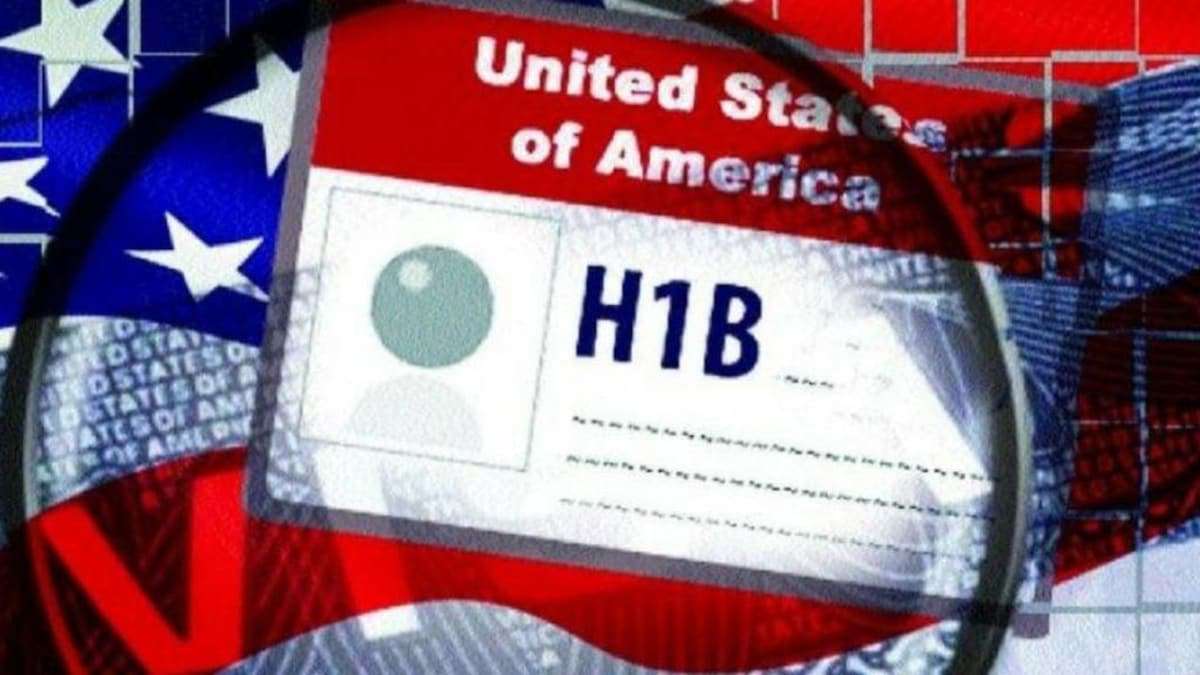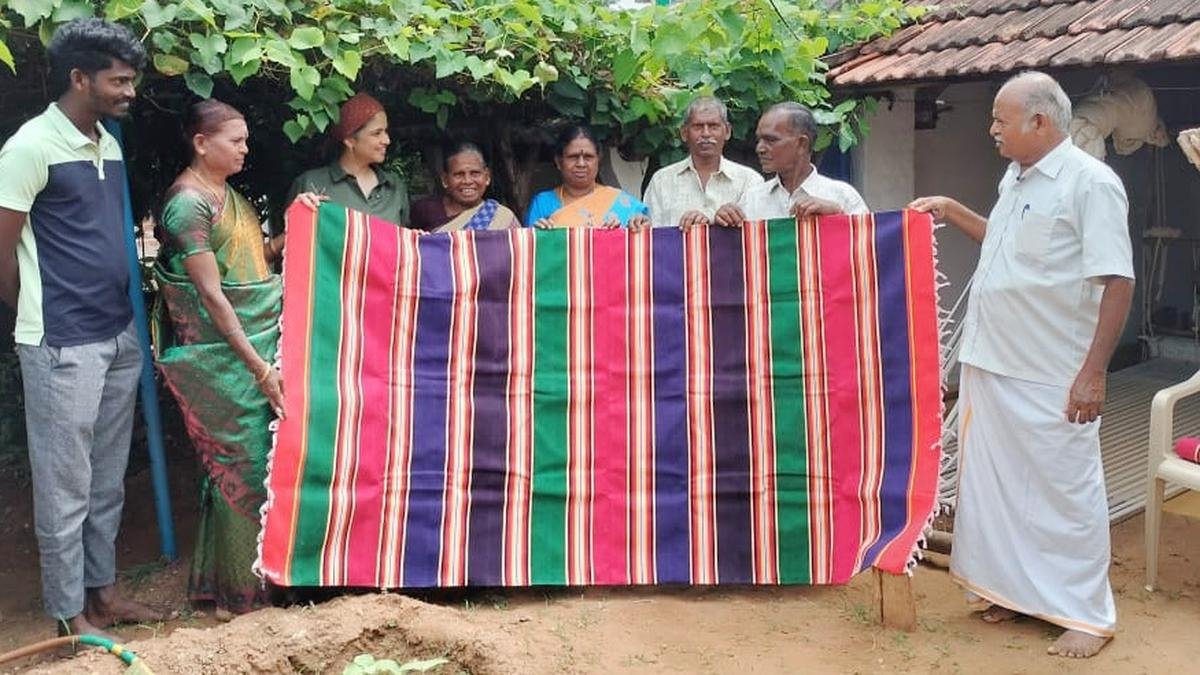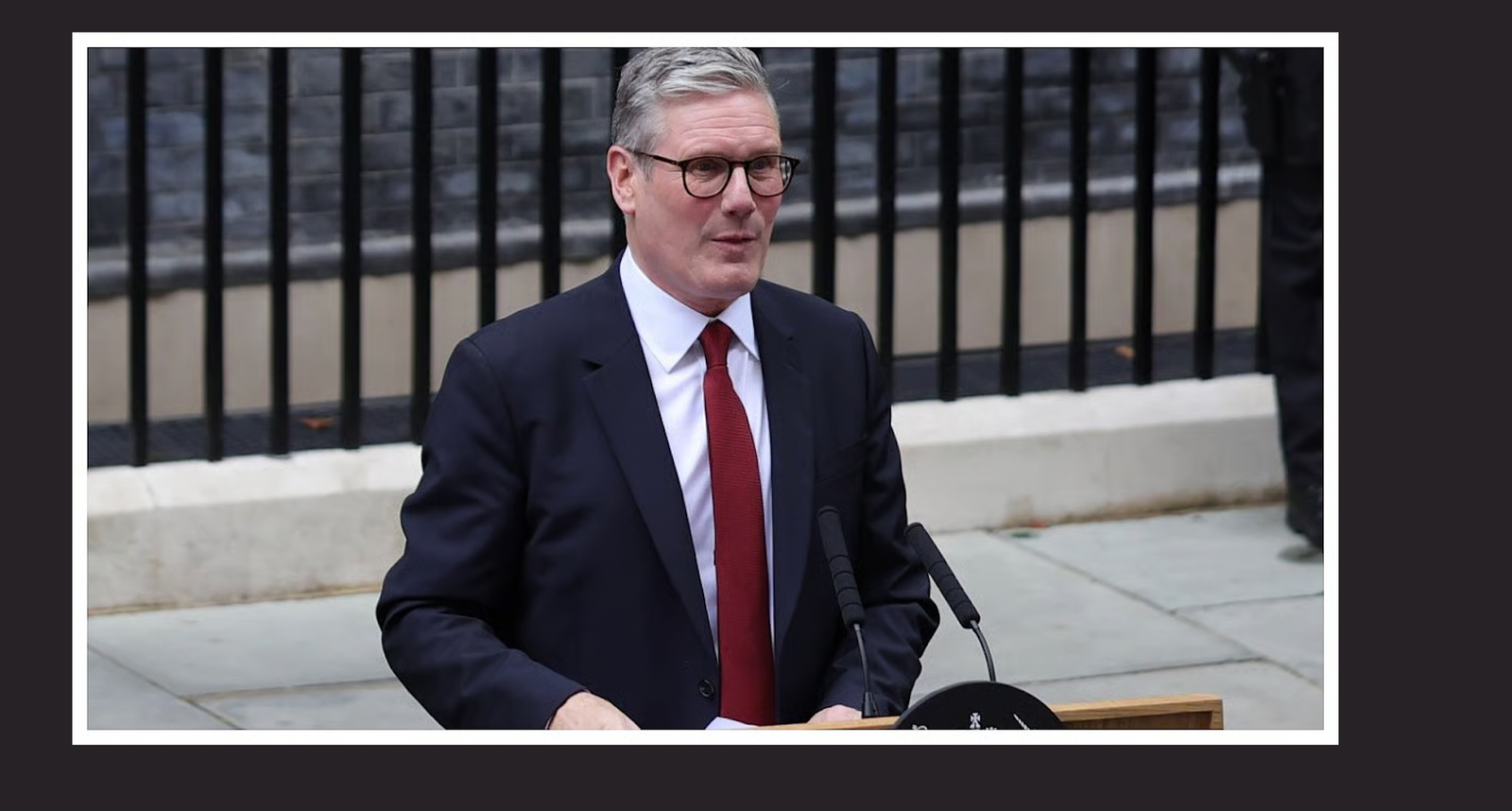Federal court hears case against Trump’s visa fee order; Indian scientist’s career and research caught in the crossfire
A federal court in San Francisco is hearing a legal challenge to former US President Donald Trump’s latest H-1B visa directive that imposes a one-time $100,000 fee on all visa applications. The lawsuit, filed by a coalition of unions, employers, and religious organisations, seeks to block the policy, claiming the president overstepped his constitutional powers, reported gujaratsamachar.com.
Among the eight plaintiffs is Phoenix Doe, an Indian postdoctoral researcher whose H-1B petition has been stalled due to the new rule.
According to the filing in the US District Court for the Northern District of California, the plaintiffs argue that Trump “has no authority” to unilaterally impose fees or taxes to generate revenue or determine how such funds are spent. “Defendant Donald J. Trump is the President of the United States and is sued in his official capacity,” the document reads.
-
Phoenix Doe, a citizen of India and resident of Northern California, is one of the affected individuals
-
She works as a postdoctoral researcher at a US university, where her cap-exempt H-1B change-of-status petition has been halted due to the $100,000 requirement
-
The delay jeopardises her ongoing work on detecting and treating blinding eye conditions — research that her laboratory heavily depends on
Her work focuses on uncovering genetic and epigenetic causes of vision loss, including those linked to aging, diabetes, and rare genetic disorders.
Doe’s research, which combines computational biology and wet-lab work, requires at least two more years to complete. Her university had approved her H-1B sponsorship, which was expected to be finalised by December, allowing her to visit India for the first time in six years. However, the proclamation has now forced her university to pause the process indefinitely.
The lawsuit further claims that the uncertainty surrounding her employment has triggered severe stress and anxiety, worsening her PTSD. “Without relief, Plaintiff Phoenix will be forced to leave her postdoctoral position in the United States within four months, causing serious professional and personal harm,” it adds.











